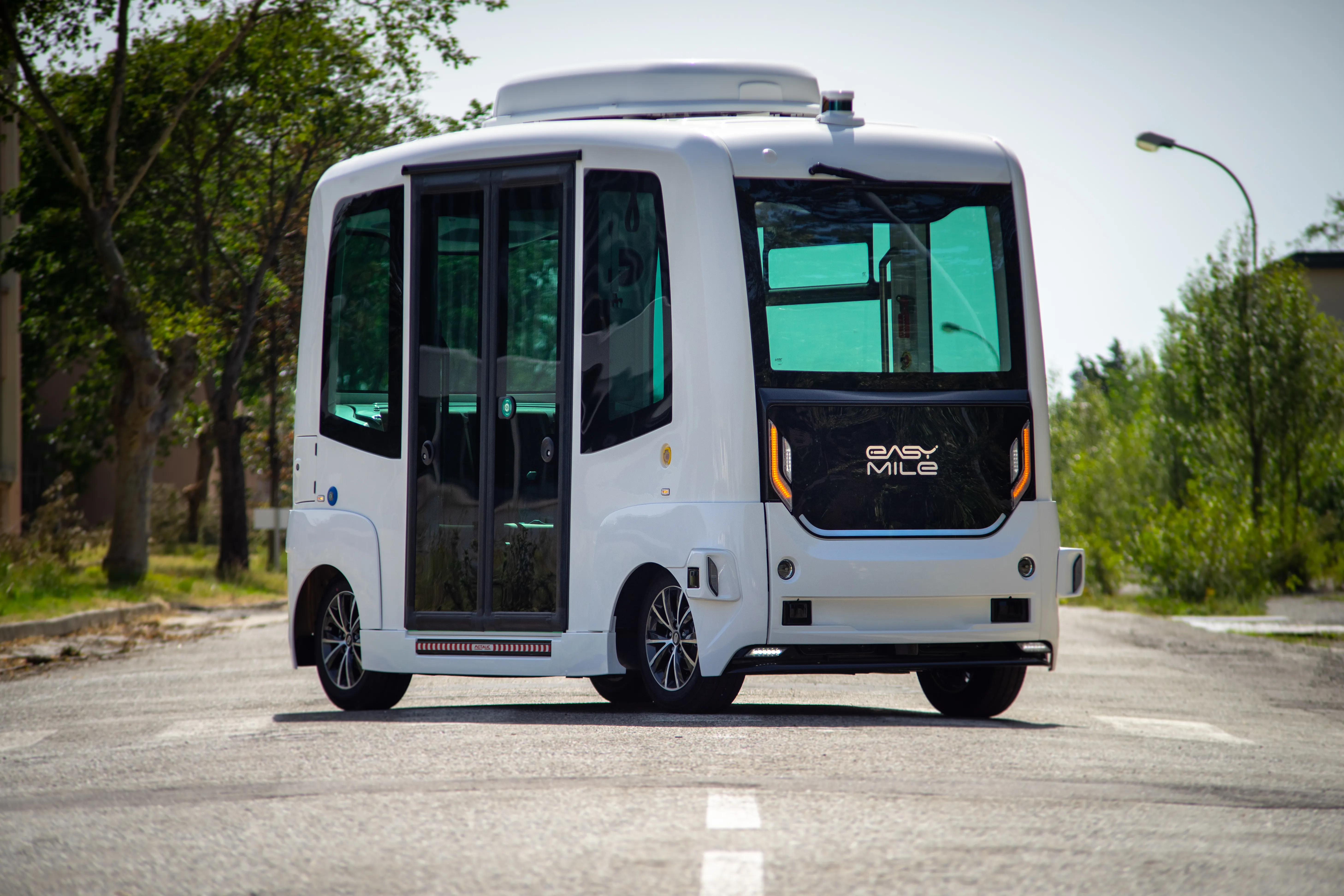The one-year project, Learning through Ambient Driving Styles for Autonomous Vehicles (LAMBDA-V), will also look at how driver behaviour can be analysed and used to accelerate the adoption of C/AVs.
Aimsun says new rules for safer and more efficient driving behaviour could be created from existing vehicles, based on road laws and on how humans drive in specific circumstances. Additionally, these could be ‘tuned’ by modelling how C/AVs and other vehicles behave in a mixed fleet.
LAMBDA-V is part of the UK government’s £22 million funding from the Centre for Connected and Autonomous Vehicles (CCAV) for projects to develop AVs.
CloudMade is providing machine learning and human driver behaviour modelling, while telematics and data specialist
The initiative will assess a range of scenerios such as the likelihood of a human driver swerving to avoid a pothole and will look at how and when drivers apply brakes when entering a 30mph zone in a bid to better inform C/AV decision making.
James Brown, chief technology officer at CloudMade, believes being able to understand and model human behaviour is a critical element of humanising AVs and enabling personalisation of the vehicle.
“The CCAV grant will enable us to accelerate the development of solutions that learn individual driver behaviour and derive the necessary rule-sets and approaches to modelling and adaptation during the drive,” Brown adds.
LAMBDA-V will seek to understand the parameters needed for modelling human drivers and how to extend them to make vehicles rules, improving current technology and modelling impact to balance comfort, capacity and safety.
Also, the scheme will integrate vehicle maker and road operator perspectives in C/AV behaviour and examine how to develop privacy-law-compliant datasets for similar projects.
Aimsun believes benefits would include reduced unforeseen impacts on traffic, patents on rules for C/AVs, an improved understanding of early mixed fleet operation of human and automated vehicles and how to make early level self-driving vehicles attractive to users. Highway authorities and vehicle makers could also obtain an improved understanding of how to deploy C/AVs in a range of real-world roads.
Aimsun takes part in driver data study to improve C/AVs
Aimsun is taking part in a UK study which is using human driver data to help improve the performance and acceptability of connected and autonomous vehicles (C/AVs).
The one-year project, Learning through Ambient Driving Styles for Autonomous Vehicles (LAMBDA-V), will also look at how driver behaviour can be analysed and used to accelerate the adoption of C/AVs.
Aimsun says new rules for safer and more efficient driving behaviour could be created from existing vehicles, based on road laws and on how h
November 14, 2018
Read time: 3 mins









